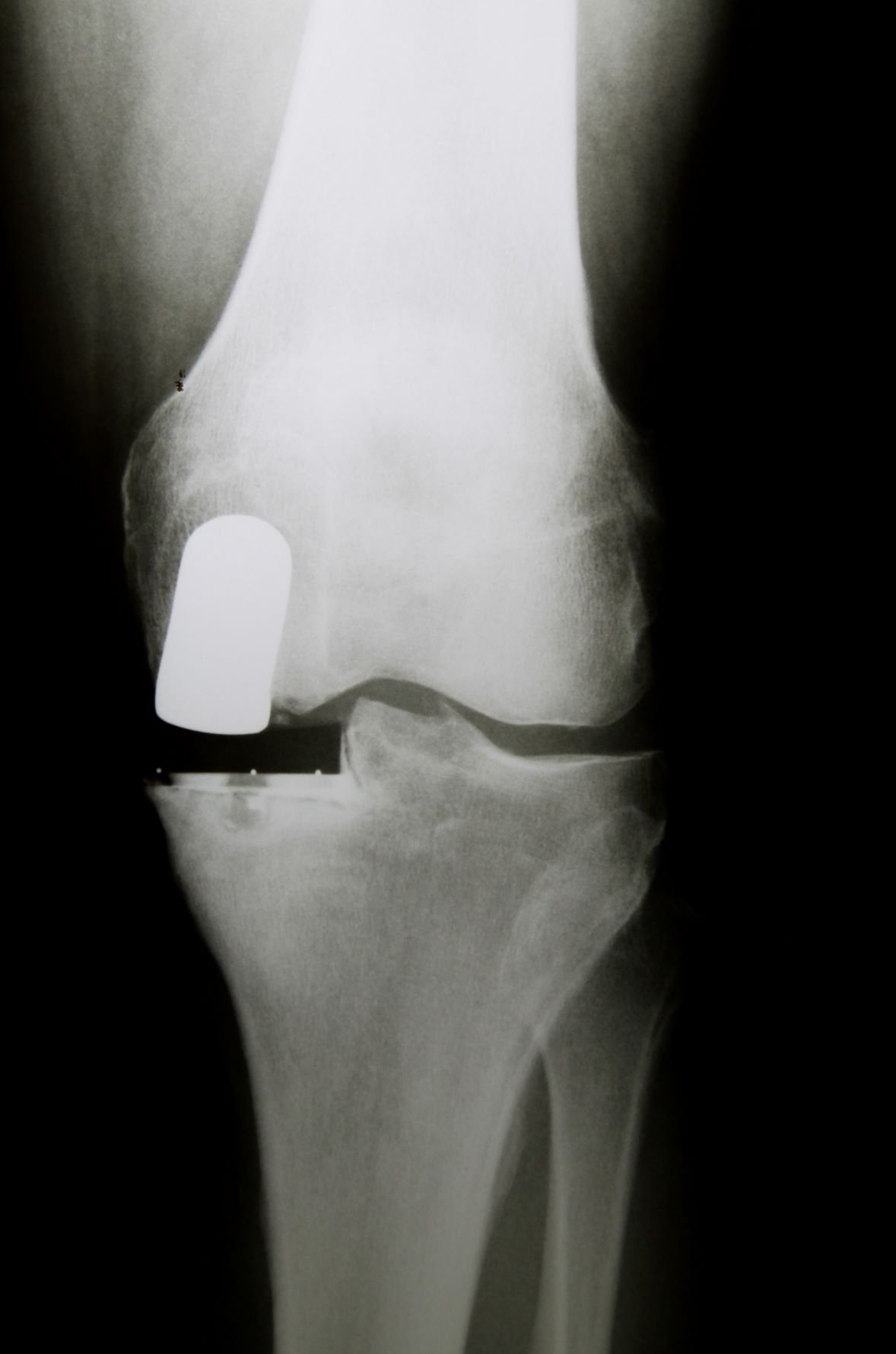Partial Knee Replacement vs. Total Knee Replacement: Which Is Right for You?
Most people don't think about their knees until they start to hurt. However, knee pain is a daily reality for millions of people in the U.S. suffering from osteoarthritis. If you're one of them, you may be wondering if you will need a partial or total knee replacement.
The answer to this question depends on the severity of your arthritis and the amount of cartilage damage. Keep reading to learn whether a partial or total knee replacement might be an option for you.
When Is a Knee Replacement Necessary?
The main reason someone might need a knee replacement is osteoarthritis, a condition that causes the cartilage in the joints to break down. This can lead to frequent pain, swelling, and stiffness in the knee joint.
Whenever possible, Dr. Cafferky of The Steadman Clinic will first recommend conservative treatment methods to help manage your symptoms, including:
Weight loss (if applicable)
Avoiding activities that worsen the pain
Physical therapy
Anti-inflammatory medications
Steroid injections
Although the progression of osteoarthritis can be slowed, there may come a time when nonsurgical treatments are no longer effective.
Here are some signs that it may be time to consider knee replacement surgery:
Your knee pain is getting worse
The pain prevents you from falling asleep or wakes you up at night
It’s becoming more difficult to walk or climb stairs
Everyday tasks are becoming more challenging
You’re no longer able to enjoy the activities you love
Your quality of life is deteriorating
Will I Need a Total or Partial Knee Replacement?
No two patients are alike, which means there isn’t a one-size-fits-all answer when it comes to joint replacement surgery. However, several factors will help you and your orthopaedic joint specialist determine whether a partial or total knee replacement is right for you.
Partial Knee Replacement
If your arthritis and associated damage are located in only one area of your knee, a partial knee replacement may be an option. In this minimally invasive procedure, only the damaged part of the bone and cartilage are removed and replaced with an artificial implant.
Partial knee replacements tend to have a shorter recovery time than total knee replacements. They also preserve more of a person's healthy tissue, meaning there is a lower risk of complications and revision surgery down the road.
You might be a good candidate if:
Only one part of your knee is damaged
Your ACL ligament is intact
You still have a good range of motion and minor stiffness
You have minimal angular deformities (these develop as a child)
Total Knee Replacement
If your osteoarthritis has progressed to a point where it has caused damage throughout the entire joint, a total knee replacement may be recommended as the best option to get you back to doing the activities you love.
In this procedure, the damaged cartilage and bone are removed from all three joint surfaces and replaced with artificial implants.
Learn more about total knee replacement surgery.
Considering Knee Replacement Surgery? Contact Team Cafferky Today!
Knee replacement is a big decision, but you’re not alone. Dr. Cafferky, the top joint reconstruction expert in Colorado, will evaluate your individual situation and help you make the best choice for your health and well-being.
Schedule your appointment with Team Cafferky today by calling (970) 476-1100 or through our online contact form.




